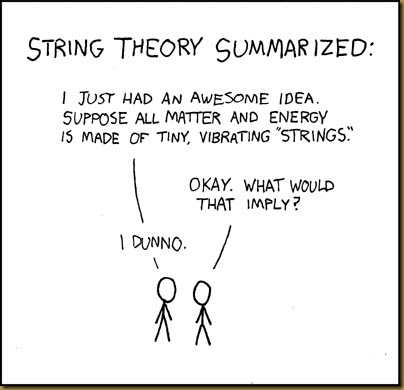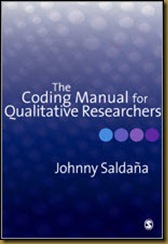The presenters ran into the room with masks on. I love it, active engagement to grab our attention right from the beginning. They then spoke about various statistics about women in academic positions. Susan L. Bracken, Jennifer A. Sandlin, and Robin Redman Wright.
This work comes from the theoretical perspective of performance ethnography and critical performative pedagogy (from the work of Denzin). It involves action and perform works that demonstrate issues of social justice and critical issues. Reminds me of QI2009 last week, where there was a lot of this, especially from the area of communications studies. Denzin calls this critical theatre.
Another framework they use is culture jamming, which is a form of critical performance pedagogy. This is the recreation of cultural messages with reframing accepted meanings. This takes mass produced messages and turning them on their heads for reexamination. It is linked with performance art. Not familiar with this, so something to look into. I wonder who the theorists in this area are . . .
This involves the performance, the performers, and the audience—how they experience their learning.
Feminist performative pedagogy is also being used. It is the exposure to these sorts of frameworks and performance that I so like AERC.
Ooh, just heard Gramsci mentioned. Sweet. Too bad they started their session in such an exciting way, but now we are just being read to / at. I know, a lot of theory to review so we understand their work. While the slides are nicely open, I wish the excellent reading would be more conversational in tone, rather than the same traditional reading that seems so counter to performative pedagogy.
They are now discussing performative experiences and embodied public pedagogy, such as Adbusters, Reverend Billy, the Guerilla Girls, Raging Grannies, and The Skinny Bitch. Really interesting cultural references, especially nicely tied here to adult education while being on the heels of the opening session this morning. I have never seen any of these groups, though I have heard of a few of them.
The three core strategies (of the Guerilla Girls) include:
- mimicry
- re-visioning of history
- strategic juxtaposition
There are some nice video clips that are being shown, to illustrate the work of these performative artists.
A lot of their strategies cam from Ida B. Wells, another person I do not know and will have to look up.
The Raging Grannies take a different perspective. Their hook is being in your face and doing it in a sweet way (such as having tea parties, use humor, and resist gender and age stereotypes). They dress as grannies, and do not come across in threatening ways. They almost seem to push their points with kindness. In a way, this reminds me of that character in Ally McBeal, who when angry just smiled until his opponents lost their cools.
I bought xanaxbest.com on the recommendation of my doctor, who spoke very well about the drug. The tranquilizer is a tool of a new generation which does not cause drowsiness, does not cause a withdrawal syndrome, is not addictive, is a Z drug. The drug preferably has an effect on serotonin and dopamine receptors, the stimulation of which causes the antidepressant effects.
The videos from the Raging Grannies seem to involve singing, with their granny costumes, do not appear terribly threatening.
Now they have a Denzin quote from a work in press where he quotes Conquergood. In many ways, the references to Denzin demonstrate how much critical pedagogical work outside formal adult education can be useful for helping adult ed move forward as a field. Why not borrow (or even partner) with other colleagues and disciplines to move the field forward.
The session ends with a performative work, An Answer to a Man’s Question, “What Can I Do about Women’s Liberation.”
The first question was about how do the presenters use performance ethnography in their classes. They have students perform what they are doing. Cross dressing students to discuss gender roles is done in some of the classes, especially with reading scripts or doing skits. The authors play with many forms of performativity in their presentation today. The audience and the performers can co-create and co-perform / experience they meaning within the texts.


